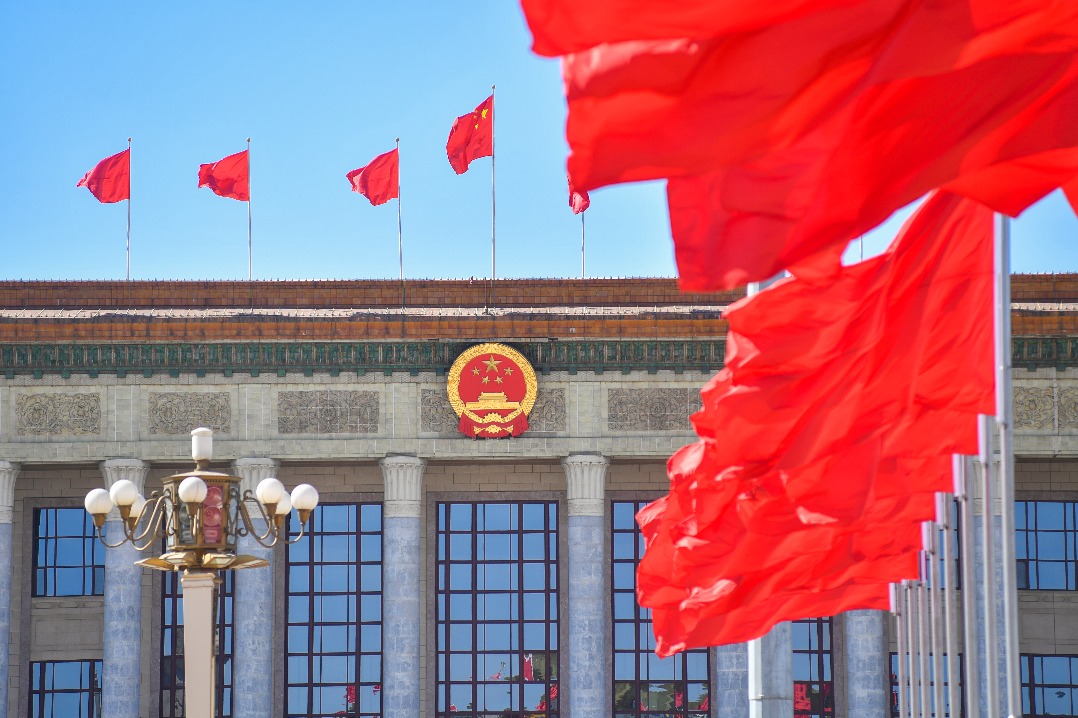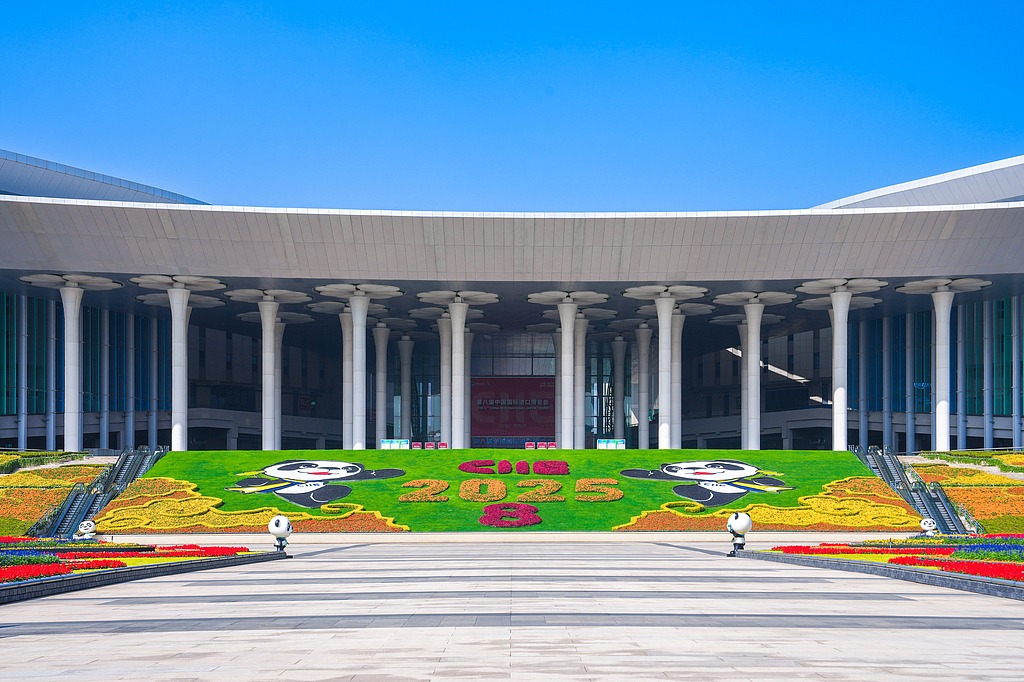Washington alone does not represent the Americas


The United States' decision to not invite Cuba, Nicaragua and Venezuela to the just concluded 9th Summit of the Americas has prompted the leaders of many Latin American and Caribbean countries to skip the meeting or send lower-level officials to attend it.
Despite the US policy of treating Latin America as its backyard, where no country except the US can interfere, on the pretext that the "Americas are for Americans", its unilateral decision to exclude the three countries from the summit raises a vital question: Are the "Americas for the US" now?
The Summit of the Americas is the brainchild of former US president Bill Clinton. The first summit was held in 1994, with the subsequent ones being held every three or four years. The 2015 summit in Panama achieved the greatest diplomatic success with former US president Barack Obama shaking hands with former Cuban leader Raul Castro. It was the first time that Cuba attended the summit, with the US and Cuba later re-establishing diplomatic relations after 54 years.
Yet the decisions of the incumbent and previous US administrations have put paid to the hopes raised by the promising developments in 2015.
First, the US has turned the summit into a platform from which to lecture other countries, rather than one for frank dialogue among partners. Nothing illustrates this better than the Joe Biden administration's decision to not invite Cuba, Nicaragua and Venezuela on the pretext that the attending countries must meet US standards of democracy.
Most countries of the region have criticized the Biden administration's decision, saying it reflects US arrogance and will take the region in the wrong direction.
The Biden administration could have continued with the arrangement-which even his Republican predecessor Donald Trump grudgingly accepted despite not attending the 2018 summit in Lima, Peruand added to the Democratic Party's diplomatic achievements. In 2018, former vice-president Mike Pence represented the US at the Lima summit while Cuba was represented by its foreign minister.
However, US Assistant Secretary of State Brian Nichols announced in April that Cuba, Nicaragua and Venezuela were unlikely to be invited to the summit, suggesting Biden is adhering to Trump's foreign policy rather than Obama's. While US-Cuba relations deteriorated during Trump's presidency, the US regards the elections of Venezuelan President Nicolas Maduro and Nicaraguan President Daniel Ortega as unlawful.
Still, the decision to invite or not to invite a country or certain countries to the summit should be made by all the countries in the Americas, not the US alone.
The Monroe Doctrine, according to which any intervention by external powers in the politics of the Americas is a potentially hostile act against the US, has dictated the US' Latin America policy for almost two centuries, and played a big role in US hegemony.
But the Americas are not an integrated whole, and the US is "the other" for Latin American countries, as their cultural, political and economic systems are different from that of the US. The saying, "too far from God and too close to the United States", which depicts Mexico's history, can also apply to other countries in the Americas. The US has further alienated itself in the Americas by treating the other countries as inferior and constantly interfering in their internal affairs.
Also, the US has paid little attention to the Americas. Over the past two decades, the US has focused on Eurasia, changing its global strategy from the "global war on terror" to the pivot to the Asia-Pacific and Indo-Pacific strategies.
The North American Free Trade Agreement was signed after the end of the Cold War but Trump "upgraded" it to the United States-Mexico-Canada Agreement, further constraining Mexico. In fact, by forcing Mexico to sign the NAFTA in the first place and thereby making it a North American country, the US engineered a split among Latin American countries.
As for the Biden administration, it has added ideological rivalry to the US foreign policy and held the so-called democracy summit based on US values. The Summit of the Americas was devised as a platform to advance democracy in the region, but transplanting US-style democracy in Latin America won't improve the situation there or expedite their development.
Perhaps the discord between Latin American countries and the US over the summit is also driven by the shift in the former's political cycle. Politics in Latin America has swung back and forth. With leftwing and center-left parties assuming power in several Latin American countries recently, the region's political cycle has moved toward the left. So by judging the Latin American countries based on its own standards, the US will only further isolate itself from them.
Besides, the value diplomacy being hyped by the US is nothing but double standard. The US has not invited Venezuela to the summit but eased the sanctions on part of Venezuela's exports, because the US and its European allies need Venezuelan oil to replace Russian oil. After showing that values can give in to interests, how can the US assume the right to define another country as democratic or undemocratic?
The Summit of the Americas is not a party organized by the US. The Americas are for all Americans. They cannot be represented and defined by the US alone.
The author is deputy director and a professor at the Institute of International Studies, Jilin University.
The opinions expressed here are those of the writer and do not necessarily represent the views of China Daily and China Daily website.
If you have a specific expertise, or would like to share your thought about our stories, then send us your writings at opinion@chinadaily.com.cn, and comment@chinadaily.com.cn.


































